Artificial Intelligence (AI)
“Artificial Intelligence (AI) . . . is moving so fast
you can’t afford . . . to wait and see”
“Can you harness the power of generative AI
without risking” what’s important to you and me?
© Forrest W. Heaton January 2024
Are we experts on AI? No. But we are working at swiftly learning. And, whereas some may be ahead of us, we’re hoping this summary will be helpful for most.
Why the italics in the above poem? This is to avoid claims of plagiarism. Italicized in the above poem is a quote from a Jan24 report from MIT on AI. The non-italicized words are ours to make the poem rhyme. (You do not need to rhyme to make a poem; we simply desired to do so in this case.)
Is this post a summary? This is a summary. However, AI moves so fast and so internationally, we may be in need of multiple summaries to help us keep pace. We will provide same from time-to-time. At the moment, AI is in transition. Swift transition. As David Brooks of the New York Times puts it: “Can one organization, or one person, maintain the brain of a scientist, the drive of a capitalist and the cautious heart of a regulatory agency?” Many see AI as having unheard of potential. Others see AI as having (often ignored) potential dangers.
What is Artificial Intelligence (AI)? Quoting IBM’s Kurt Scheetz: “Ego, fear, and money lit the AI fuse.” AI is a big, fast growing technological revolution in job performance, writing, explaining, forecasting, doing—larger than current developers dream about. Summarizing a Jan24 IBM report, AI dates by some accounts to 1950, has had it’s ups/downs, is rapidly gaining momentum, and is defined as: “the science/engineering of making intelligent machines” (computer programs.) It is “using computers to understand human intelligence . . . .”
What is Generative AI? Through the years, artificial intelligence has evolved to the point where a company, OpenAI, introduced in Nov22 it’s ChatGPT (standing for Generative Pre-trained Transformer.) Generative AI can learn “the grammar of software code . . . and a variety of other data types.” The software allows the user to ask the ChatGPT questions “using conversational, or natural language.”
What is “Narrow AI”? Sometimes called “weak AI,” “narrow AI” involves a limited part of the brain focusing on one task. Examples include most of today’s AI such as IBM’s Watson, Amazon’s Alexa, Apple’s Siri, etc.
What is “Strong AI”? “Strong AI” is a theoretical AI form where a machine’s intelligence is equal to or surpassing human intelligence. For those of you old enough to remember the 1968 movie 2001: A Space Odyssey, you will be pleased to learn IBM’s report refers to the movie and HAL, the “rogue computer assistant.” What might AI become is the question. Whereas AI can ever more swiftly accomplish writing/thinking/explaining types of tasks, it could eventually superimpose itself on mankind. It may be an existential question for mankind.
Will the power of AI increase or decrease internet freedom? We don’t know yet. Much will depend on how governments and people use AI.
What company is leading right now? Most leading companies in AI are worldwide tech companies. Founded in late 2015, OpenAI, valued over $80 billion, may currently be in the lead.
Where do company boards stand on this? Most companies in the race will be eclipsed to be first, biggest, most money making. Company boards will have to answer: Who is in the race? How fast are they and their competitors willing to go? What limits might they put on themselves? What limits might be put on them by governments? The New York Times reports: since OpenAI’s ChatGPT launch: “Turning AI into actual products . . . became the priority. Worries about safety and whether machines would turn on their creators . . . were shunted aside.”
Where do world governments stand on this? The pace of AI change will likely outpace governments desire to limit AI’s growth. Almost every nation worries: 1) the technology may be mankind’s eventual undoing, 2) “overly aggressive regulations could become an economic disadvantage.”
Where is AI currently being used most? A friend who has ChatGBT on his computer and uses it regularly asked of his ChatGBT: Where is AI currently being used most? It answered: “As of my knowledge cut off date of January 2022 (the date of its last training session): 1 healthcare, 2 finance, 3 technology & IT, 4 e-commerce, 5 manufacturing, 6 automotive, 7 education, 8 entertainment, 9 telecommunications, 10 marketing & advertising.”
What kind of fraud might fraudsters using AI conduct? AI is being used to “create fake identities, send convincing phishing emails and even clone voices to steal user data and money. Fighting it starts with awareness.” We’ll address this in coming AI posts. But make no mistake: this will be ever increasing cyber/photo/voice “warfare” with you and other institutions and you’d better be aware/prepared.

